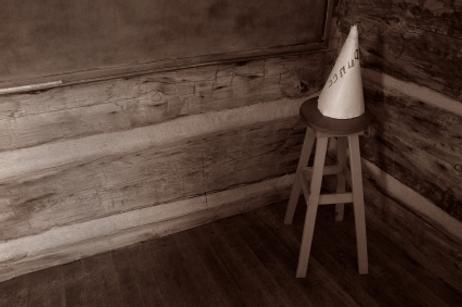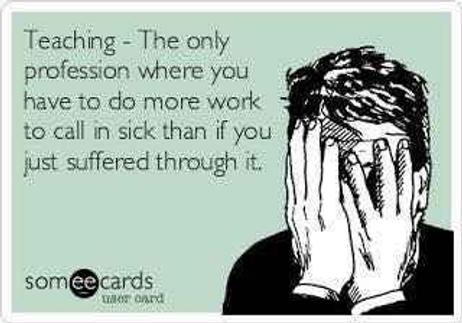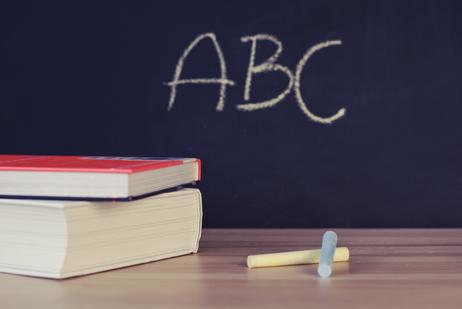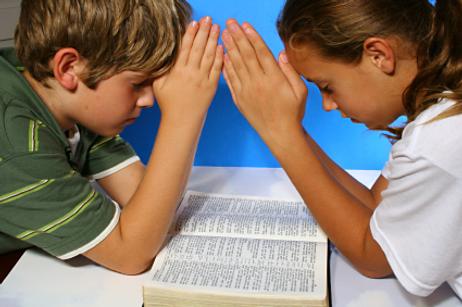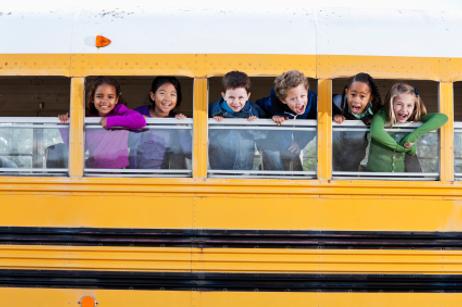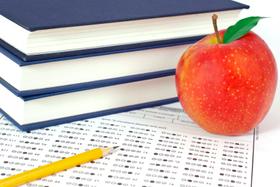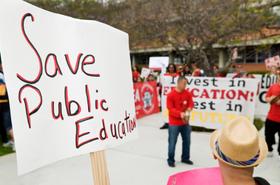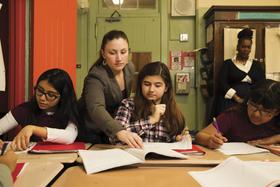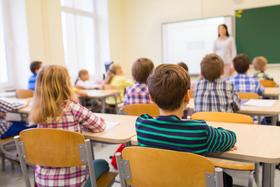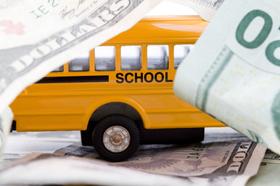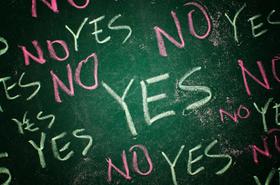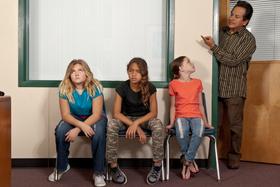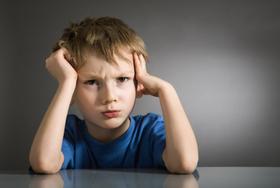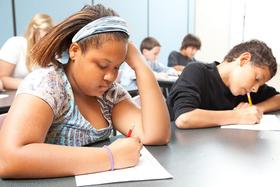Social promotion, the act of promoting children to the next grade even when their test scores don't support such a move, is a regular practice in many schools today. Educators that support social promotion point to data that suggests that students who are retained, or held back a grade, are more likely to develop behavioral problems and drop out of school before graduation. But is social promotion a viable alternative? There are many experts on both sides of the issue, making it difficult to ascertain the best way to handle students who are falling behind – or falling through the cracks.
Why Social Promotion?
Social promotion allows students to advance to the next school grade, even when their test scores and overall academic achievement don't prove a student's preparedness for the next academic year. According to a recent report in Education Week, social promotion was adopted as the way to deal with struggling students because many education experts believed social promotion favored the child's social and psychological well-being. They argued that holding students back from repeating a grade had a negative impact on their educational experience without providing many benefits.
How Social Promotion Can Hurt Students
On the other side of the coin, research also suggests that social promotion does little to advance a child's academic career. Opponents of the practice claim that social promotion merely hides the failures of

